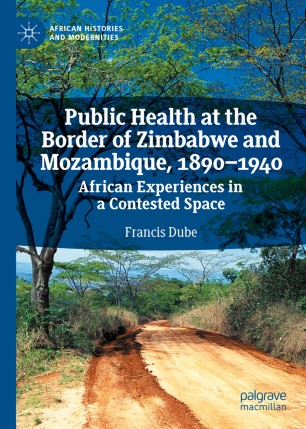

Most ebook files are in PDF format, so you can easily read them using various software such as Foxit Reader or directly on the Google Chrome browser.
Some ebook files are released by publishers in other formats such as .awz, .mobi, .epub, .fb2, etc. You may need to install specific software to read these formats on mobile/PC, such as Calibre.
Please read the tutorial at this link: https://ebookbell.com/faq
We offer FREE conversion to the popular formats you request; however, this may take some time. Therefore, right after payment, please email us, and we will try to provide the service as quickly as possible.
For some exceptional file formats or broken links (if any), please refrain from opening any disputes. Instead, email us first, and we will try to assist within a maximum of 6 hours.
EbookBell Team

4.3
68 reviewsThis book is the first major work to explore the utility of the border as a theoretical, methodological, and interpretive construct for understanding colonial public health by considering African experiences in the Zimbabwe-Mozambique borderland. It examines the impact of colonial public health measures such as medical examinations/inspections, vaccinations, and border surveillance on African villagers in this borderland. The book asks whether the conjunction of a particular colonized society, a distinctive kind of colonialism, and a particular territorial border generated reluctance to embrace public health because of certain colonial circumstances which impeded the acceptance of therapeutic alternatives that were embraced by colonized people elsewhere. It asks historians to look elsewhere for similar kinds of histories involving racialized application of public health policies in colonial borderlands.